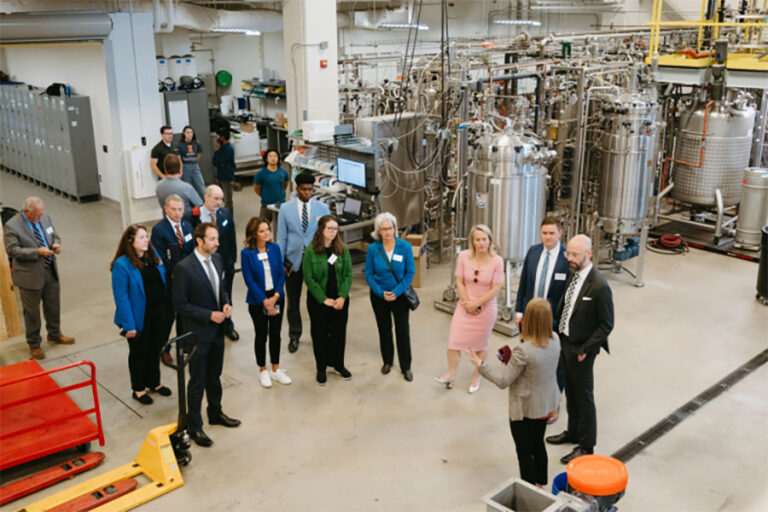 Negligible Senescence—or why some animals live so long
Negligible Senescence—or why some animals live so long
Last year, a team of marine biologists in Australia came across an extraordinary discovery—a 400 year old shark. The shark’s impressive age is due to what is known as negligible senescence, by which creatures have a much lower rate of natural biological decline than is found in humans. Although experts have dismissed reports that animals with negligible senescence can hypothetically live forever, they do often live incredibly long lives—Britain’s oldest giant tortoise died aged 130, not of old age, but of an infected bite.
The extraordinary abilities of these creatures raises a big question—could humans replicate these same abilities with technology, and in theory extend their lifespan exponentially?
Human efforts to live forever
So far, human efforts to extend their life-span, perhaps exponentially, have centered on replicating the regenerative abilities of certain animals. At the University of Nottingham, researchers have been studying the Planarian flatworm to determine how it is able to regenerate itself seemingly limitlessly. Their hope is that understanding the Planarian worm’s regeneration process will unlock the key to replacing or repairing aged or damaged tissue in humans.

Repairing the damage cause by illness or aging has long been a core goal of those seeking to drastically extend the human life-span. Recent years have seen an increasing number of tech moguls and entrepreneurs taking charge of their own quests for immortality, with famous names including Mark Zuckerberg, Larry Ellison and Sean Parker all putting their money into the research and development of life-extending technologies—from reprogramming our DNA to printing synthetic replacement organs.
Many of the billionaires searching for the secret to eternal life insist that their dream is closer than many think—PayPal and Palantir co-founder Peter Thiel has previously stated his aim to live until he is 120. Others have more conservative estimates, although only slightly more so—for serial entrepreneur and philanthropist Tej Kohli, news of life-extending technological breakthroughs is seen as confirmation of his firm belief that his son will live to between 125 and 150.
How likely is this?
The truth is that the humans as a whole have been living longer lives over the last few centuries. Improvements in medical understanding and technology, the reduction of disease and environmental improvements have all seen the average global life expectancy increase, with a particularly dramatic rise recorded in the last century.
The oldest confirmed human, Jeanne Calment, died in 1997 at the age of 122—although she retains her mantle only because Mbah Ghoto of Indonesia’s reported age of 146 at the time of his death last year is impossible to verify.

Despite these dramatic increases, artificial extensions of the human lifespan do still face hurdles. Much of the research and development going into drastic human life-extension is either still at its earliest stages, or remains hypothetical. Then there is the threat posed by illness and disease, and the seemingly constant process of developing new, effective cures.
Recently, the British Medical Journal published a report stressing the need for changes in the advice doctors give to patients regarding antibiotics, to combat the growing possibility of antibiotic resistance.
Immortality itself may not be waiting in the immediate future of our lifetimes, if it ever proves to be more than a hypothetical. However, what seems far more likely is that technological human life-extension may begin to emerge as a very real possibility much sooner than we think![]()









